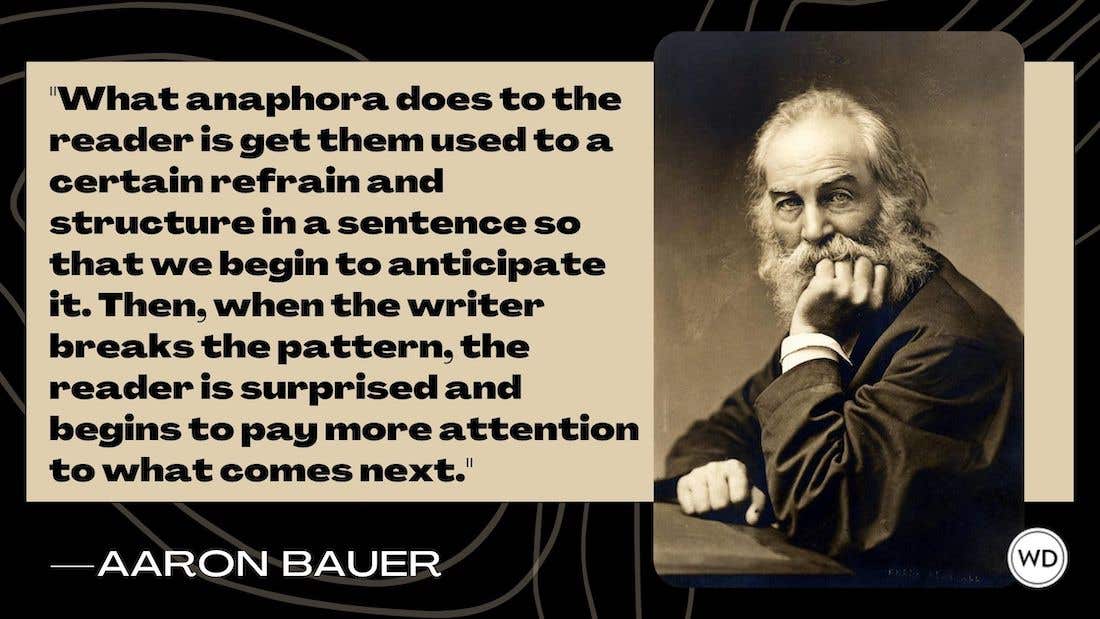Cut IT Out!
If you found “Put THAT Thing Away!” helpful at all, or at least interesting, then you should know another one of my pet peeves is the use of the word…
If you found "Put THAT Thing Away!" helpful at all, or at least interesting, then you should know another one of my pet peeves is the use of the word "it" in poems. I only became a stickler for "it" in the past few years, and I think my writing has benefitted from "it"--or the lack of "it," that is.
Let me show with an example. (Again, these examples I use are not meant to win any awards. They serve as a way to see how playing around can produce different results.)
Version 1:
"Listening"
It's easier said than done.
It's so easy to let it all
fall apart whenever it makes
sense, like when somebody
wants to dominate it
all the time. I mean, is it
so hard to practice it once
in a while?
Ugh. That's some pretty "it"-plagued poetry going on there. And while I might be able to tell that the first "it" might refer to the title "Listening," I get totally confused after that. Here's a 2nd version after cutting some of the "it" clutter out.
Version 2:
"Listening"
Is easier said than done.
It's so easy to let conversations
crumble whenever somebody
wants to dominate the talking
time. I mean, is it so hard
to practice listening once in a while?
Ridding this poem of "it"s resulted in some language changes and 2 less lines. Concise is always nice in poetry. But there's still room to remove "it" completely.
Version 3:
"Listening"
Is easier said than done;
conversations crumble
when someone wants to hog
the talking time. I mean,
is listening so difficult?
So yeah, this won't win any awards, but the piece is even more specific and more concise as a result of cutting "it" out of the poem. Imagine if you had a really good poem with a couple "it"s lurking in the shadows: You could turn that really good poem into a great one.
"It" takes a little work and patience, but "it"'s totally worth "it."
Best,
Robert









